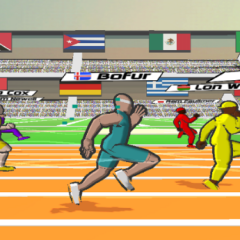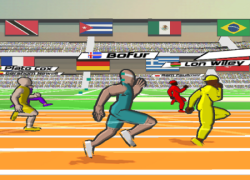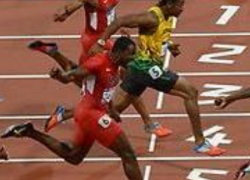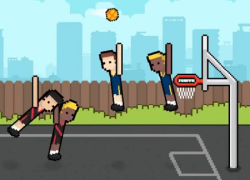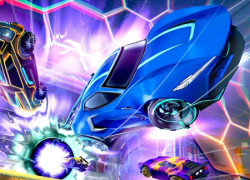Speed Stars is a timing-based racing game focused on short-distance sprints. The player takes control of a track athlete, aiming to perfect their stride, maintain acceleration, and beat their personal records. Unlike games that prioritize steering or drifting, this one requires precision through rhythm and reaction. Each race is over in a matter of seconds, which makes every attempt feel high-stakes and tightly controlled. The goal is to win against AI or online opponents, and to fine-tune your movements and minimize errors.
Mechanics and Controls
The gameplay revolves around tapping or pressing keys in sync with the runner’s leg movements. Get the rhythm right, and the athlete builds momentum. Miss a beat, and the pace collapses. The control scheme is deceptively simple, but the margin for error is slim. Speed Stars turns running into a mechanic that’s closer to a metronome than a steering wheel. Repetition is key—players are expected to run the same distance dozens of times, shaving milliseconds with each improvement.
Modes and Progression
Players can compete in various race modes including 100m, 200m, and relay formats. Solo time trials allow for focused self-improvement, while multiplayer pits players against real-time competitors. There’s also a global leaderboard that highlights top performers, pushing others to improve their times. Unlocks are tied to performance, not grind—run better, get more options. Cosmetic customization is minimal and secondary to performance tracking.
Visuals and Sound
The visual design is clean, relying on contrast and movement to indicate performance. There are no crowded HUDs or distracting backgrounds. Instead, the runner’s form and pace provide the feedback loop. Sound design supports the gameplay, with subtle cues indicating timing accuracy and rhythm consistency. This audio feedback becomes essential as players rely less on visual cues and more on sound for performance optimization.
What gives Speed Stars staying power is the difficulty curve. Early races are forgiving, but the deeper mechanics reveal themselves over time. Players who stick with it find themselves chasing perfection in a game where perfection is defined by milliseconds. There are no shortcuts—progress is earned through consistency and control. That makes every victory feel earned, and every failure a direct reflection of the player’s timing and focus.

